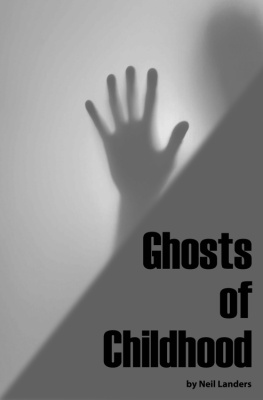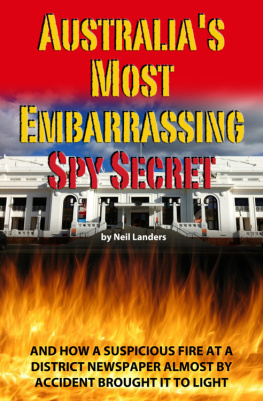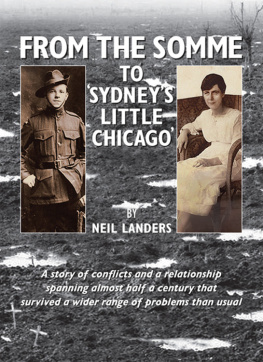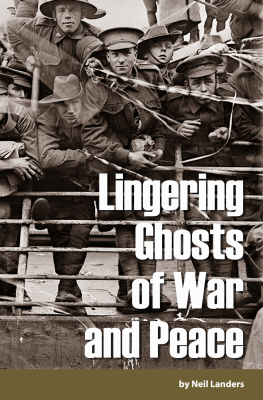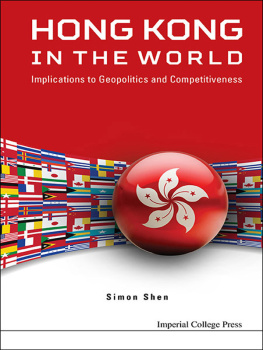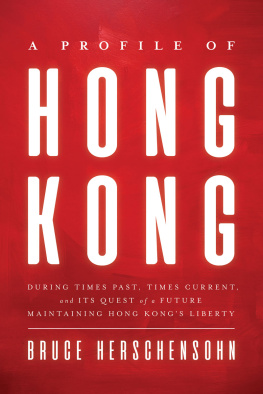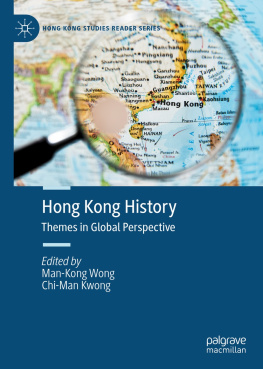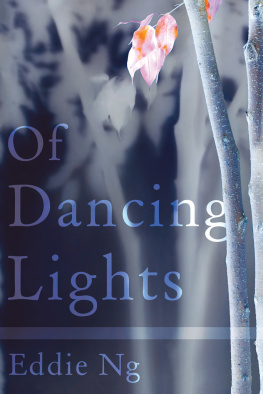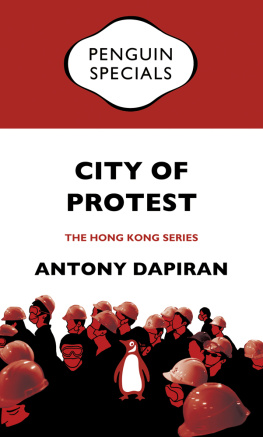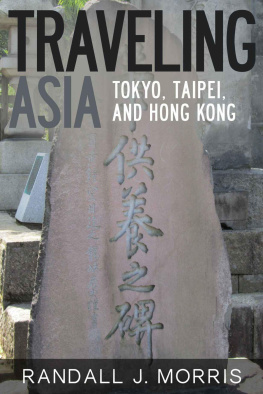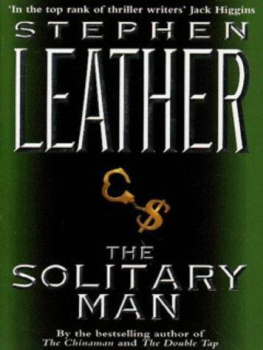Landers - Ghosts of Childhood
Here you can read online Landers - Ghosts of Childhood full text of the book (entire story) in english for free. Download pdf and epub, get meaning, cover and reviews about this ebook. year: 2015, publisher: Books Unleashed, genre: Non-fiction. Description of the work, (preface) as well as reviews are available. Best literature library LitArk.com created for fans of good reading and offers a wide selection of genres:
Romance novel
Science fiction
Adventure
Detective
Science
History
Home and family
Prose
Art
Politics
Computer
Non-fiction
Religion
Business
Children
Humor
Choose a favorite category and find really read worthwhile books. Enjoy immersion in the world of imagination, feel the emotions of the characters or learn something new for yourself, make an fascinating discovery.
- Book:Ghosts of Childhood
- Author:
- Publisher:Books Unleashed
- Genre:
- Year:2015
- Rating:4 / 5
- Favourites:Add to favourites
- Your mark:
- 80
- 1
- 2
- 3
- 4
- 5
Ghosts of Childhood: summary, description and annotation
We offer to read an annotation, description, summary or preface (depends on what the author of the book "Ghosts of Childhood" wrote himself). If you haven't found the necessary information about the book — write in the comments, we will try to find it.
Ghosts of Childhood — read online for free the complete book (whole text) full work
Below is the text of the book, divided by pages. System saving the place of the last page read, allows you to conveniently read the book "Ghosts of Childhood" online for free, without having to search again every time where you left off. Put a bookmark, and you can go to the page where you finished reading at any time.
Font size:
Interval:
Bookmark:
Ghosts of Childhood
Published by Books Unleashed at Smashwords
Copyright 2015 Neil Landers
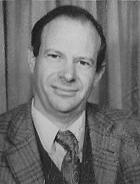
The author has travelled widely, worked on newspapers in Australia, Hong Kong, Tokyo and London, and done other work. The photo shows him in 1974 during a teetotal spell while working at the Australian Financial Review near the end of an almost decade-long battle with alcoholism.
Some matters in this, particularly in chapters 3, 22 and 25, are dealt with much more fully in two previous books, From the Somme to 'Sydney's Little Chicago', a biography of his father, and Australia's Most Embarrassing Spy Secret. Both are available for free on the internet.
All rights reserved. No part of this book may be reproduced or transmitted by any person or entity, including internet search engines or retailers, in any form or by any means, electronic or mechanical, including photocopying (except under the statutory exceptions provisions of the Australian Copyright Act 1968), recording, scanning or by any information storage and retrieval system without the prior written permission of the copyright owner.
The fact that this book is published online does not mean that any part of it can be reproduced without first obtaining written permission: copyright laws do still apply. Inquiries should be directed to the author.
The author asserts his/her moral right to be identified as the author of this book.
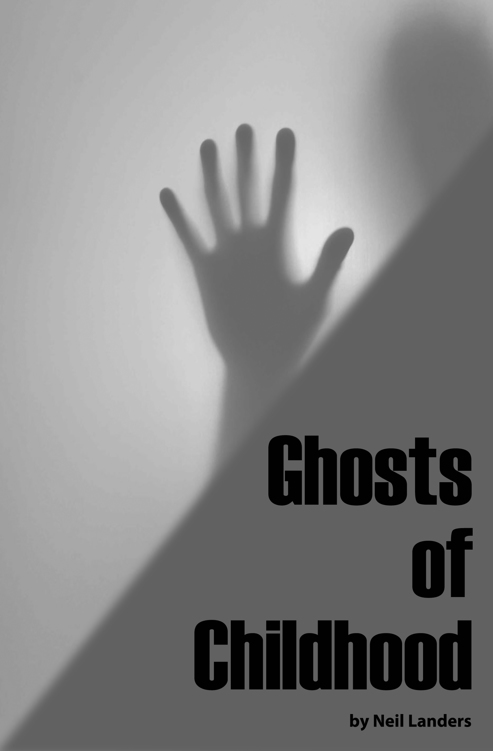
Contents
CHAPTER ONE
Night-time Fears
Sleeping soundly each night as a child directly over where a man had fatally injured himself, after almost decapitating his wife in an adjacent bathroom, was not always easy. His wife, Clara Hess, was about to leave her husband Philip after their marriage had broken down. According to some neighbours, her ghost haunted the house.
By about mid-1943, when I turned five and knew vaguely what a ghost was, I had heard a little about this in my home, those of neighbours and out in the street. After I learned to read well I found out much more. In a wardrobe in my bedroom, used to store odds and ends, I discovered newspaper cuttings that graphically described everything.
My father George had rented his house to Philip Hess while he went to live out in the country with his first wife, who was dying of tuberculosis. Just after 1pm on April 29, 1929, after packing the last of her belongings, Clara Hess entered the bathroom and began touching up her makeup in front of a mirror alongside the bath. Her husband fetched a large shaving razor, walked in and gripped her strongly from behind. He then slit her throat from ear to ear with such force that he almost severed her head.
Slashing at his throat, he staggered into their bedroom, where he fired a small-bore rifle into his head. Fatally wounded, he fell to the floor in a pool of blood alongside a window.
That window was alongside my bed. Soon after the war, knowing what I knew, George pointed out discolouring to me in the floorboards under my bed where Philip Hesss blood had dried. At the time he was installing new floor covering. Later my mother Olive told me how, after they had married soon after that event and moved into the house, she had scrubbed and scrubbed but had never been able to completely erase all the indications.
Whenever I said anything about the ghost stories Olive always told me there were no such things as ghosts and I should take no notice of them. I tried. But sometimes, when I awoke early in the morning, the house was dark, perhaps wind outside was slightly shaking the windows, and floorboards seemed to be creaking in the passageway outside my bedroom I think most people will understand.
Adding to my fears was my brother Colin, who was born prematurely in 1931, seven years before me, and was mentally retarded. He was also seriously disturbed. Often he threw tantrums in which he sometimes became dangerously violent. On a few occasions he attacked me so badly I thought he was trying to kill me. Colin had a small bedroom on a built-over back veranda at the other side of the bathroom. I developed a fear that when I was asleep he would come into my room and try to kill me.
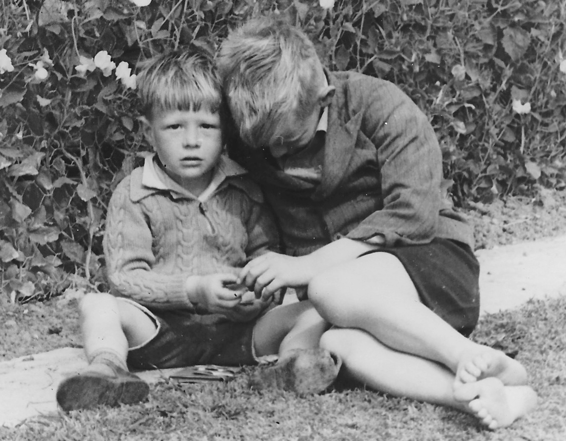
Me with Colin during the war
Another threat to sound sleep in that house began early in 1944 after one of Georges accountancy clients in our village of Bankstown, on the south-western edge of Sydney, was named in the Australian parliament as a major war racketeer. George began getting drunk every night in the front living room while playing 78rpm records. As he got drunker the music became louder. He would then sometimes put on a record of World War I marching songs and loudly join the singing. That could go on almost until dawn.
I did, however, feel safe when I could hear that sound drifting through the house.
Each afternoon, while improving my reading in 1944, I strained my ears for the first distant sound of a whistle that heralded the approach of a newspaper boy. When he neared with his billycart I went to meet him with two pennies for a copy of the Sun. By then Olive was usually in the kitchen shelling peas, stringing beans or peeling potatoes for dinner. I would lay the Sun on the floor and prop myself on my elbows over it. As she finished those tasks, put vegetables on to cook, and began preparing the meat and dessert, I would read stories to her. Any word I did not know she would tell me how to pronounce and what it meant.
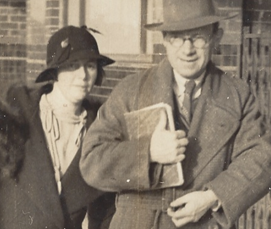
My parents during the war
In that way I followed the northwards advance of Americans and Australians towards Japan, the progress of Russian armies towards eastern Germany and the 1944 Allied breakout from Normandy towards the Rhine.
When I played soldiers with other small boys in the street there were arguments over whose turn it was to play Australians, Americans or Russians, and whose turn to play Japs or Germans, and have to fall down dead when bayonets were run through them. Enthusiastically we attacked Japanese convoys and retreating German armies, making rising sounds we had heard on the radio as we dived towards them with arms spread wide as wings. The sounds from our mouths became staccato as we opened fire with our machine guns.
From late 1944 I was sick in bed much of the time for almost a year with whooping cough and other illnesses. Although I have clear memories from before that period, I have almost none during it. But I can remember the end of the war in the Pacific.
Music was playing and people drinking, singing and dancing in backyards or out in the street. An aerodrome on the outskirts of Bankstown was still an important base for the Australian Air Force. But British Fleet Air Arm personnel had replaced the many Americans who had begun arriving in early 1942. Everyone watched as searchlights near the aerodrome, rarely used since 1942, swung slowly and triumphantly backwards and forwards across a dark sky for a last time.
As people returned from the war, and regular work resumed at a group of terminating co-operative building societies George had started in 1937, he stopped drinking heavily. If I went to the bathroom early in the morning a light sometimes would be on in the living room. Now, however, the door would be open, and he would be working at his desk.
Next pageFont size:
Interval:
Bookmark:
Similar books «Ghosts of Childhood»
Look at similar books to Ghosts of Childhood. We have selected literature similar in name and meaning in the hope of providing readers with more options to find new, interesting, not yet read works.
Discussion, reviews of the book Ghosts of Childhood and just readers' own opinions. Leave your comments, write what you think about the work, its meaning or the main characters. Specify what exactly you liked and what you didn't like, and why you think so.

